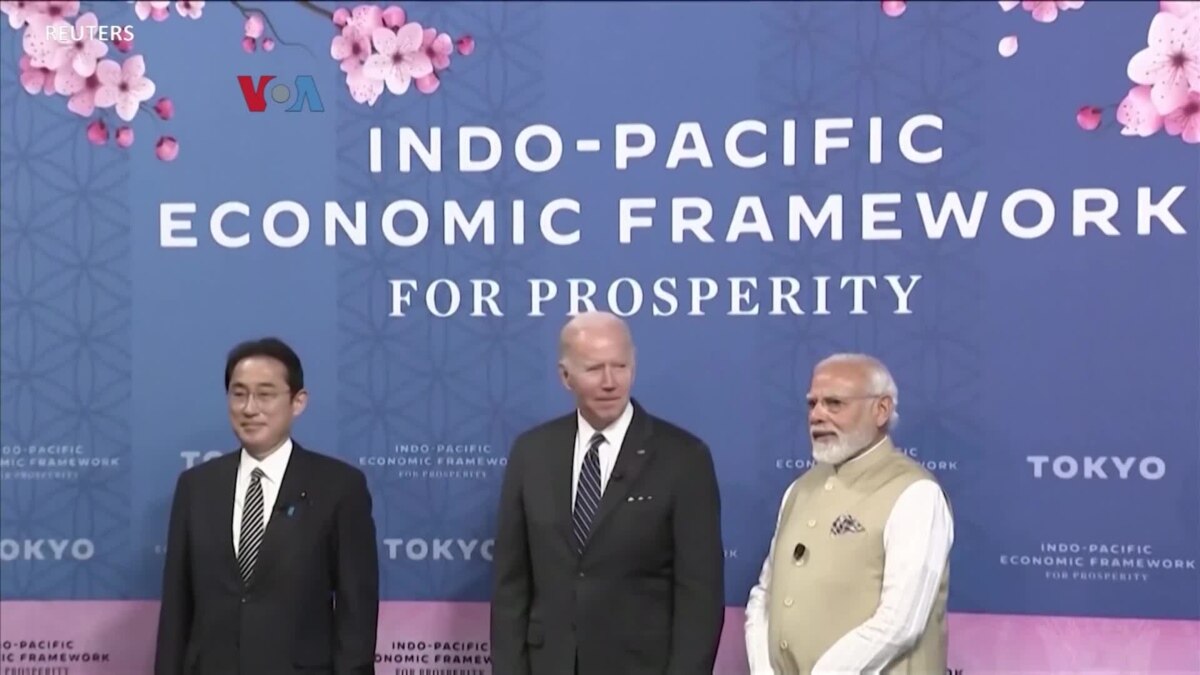Oil Price Volatility And Its Impact On Airline Operations

Table of Contents
Fuel Costs as a Major Expense for Airlines
Fuel represents a substantial portion of an airline's overall operating expenditure. This makes airlines particularly vulnerable to the unpredictable swings in global oil markets. The impact of oil price volatility on airline fuel costs is undeniable, significantly affecting their bottom line.
- Statistics: Fuel typically accounts for between 20-40% of an airline's operating costs, depending on factors like aircraft type, route length, and fuel efficiency. A sudden spike in oil prices can dramatically erode profit margins, even leading to losses.
- Fuel Types: Airlines utilize various types of aviation fuel, including Jet A and Jet A-1, each with its own price fluctuations influenced by global supply and demand. The price differential between these fuel types adds another layer of complexity to fuel cost management.
- Hedging Strategies: Many airlines employ hedging strategies to mitigate the risk of fuel price increases. These strategies involve purchasing fuel contracts at predetermined prices, offering some protection against unexpected price spikes. However, hedging is not without its limitations, as ineffective strategies can lead to significant losses if market prices move in an unexpected direction.
Impact of Oil Price Volatility on Airline Pricing Strategies
Oil price volatility forces airlines to constantly adjust their pricing strategies. The direct link between fuel costs and ticket prices means that airlines must find ways to pass on increased fuel expenses to passengers without severely impacting demand.
- Dynamic Pricing Models: Airlines increasingly rely on dynamic pricing models, adjusting ticket prices in real-time based on factors including demand, competition, and, crucially, anticipated fuel costs. This allows them to respond quickly to changes in the oil market.
- Forecasting Challenges: Accurately forecasting fuel prices is exceptionally difficult. Airlines must balance the need to cover rising fuel costs with the risk of pricing themselves out of the market. This uncertainty significantly impacts their pricing decisions.
- Competitive Impact: Airlines with stronger hedging strategies or more efficient aircraft may have a competitive advantage during periods of high oil price volatility. Those less able to absorb fuel cost increases may struggle to maintain market share.
Operational Adjustments in Response to Oil Price Volatility
When faced with high fuel prices, airlines implement various operational adjustments to reduce costs and maintain profitability. These adjustments are often implemented alongside adjustments to pricing strategies.
- Route Optimization: Airlines may optimize flight routes to reduce fuel consumption, potentially choosing shorter routes or adjusting flight schedules to minimize fuel burn. This may involve consolidating less profitable routes or adjusting flight frequencies.
- Technological Advancements: Investing in more fuel-efficient aircraft and technologies is a long-term strategy to mitigate the impact of oil price volatility. Modern aircraft designs and improved engine technology offer significant fuel savings.
- Maintenance and Fleet Renewal: Airlines might delay aircraft maintenance or accelerate the retirement of older, less fuel-efficient planes to improve their overall fuel efficiency. This strategic approach balances the cost of upgrades with the savings from reduced fuel consumption.
The Role of Hedging and Risk Management
Hedging plays a vital role in managing the risks associated with oil price volatility. Airlines utilize various financial instruments to protect themselves against unforeseen price increases.
- Hedging Instruments: Common hedging instruments include futures contracts, options, and swaps. These allow airlines to lock in fuel prices at a specific level for a future period.
- Effectiveness and Limitations: While hedging can mitigate risk, it's not a foolproof solution. It requires careful analysis, forecasting, and a deep understanding of the fuel market. Ineffective hedging can lead to increased financial losses.
- Financial Stability: Successful hedging can significantly contribute to an airline's financial stability during periods of high oil price volatility, enabling them to maintain operations and profitability despite market fluctuations.
Long-Term Implications and Sustainability Concerns
The long-term implications of oil price volatility extend beyond immediate financial concerns. Sustainability is increasingly crucial for the airline industry.
- Biofuels and Alternative Energy: The search for alternative energy sources, such as biofuels and sustainable aviation fuel (SAF), is gaining momentum as a way to reduce reliance on fossil fuels and mitigate the impact of oil price volatility.
- Carbon Emissions and Regulations: Growing environmental concerns and stricter carbon emission regulations are driving the adoption of more sustainable practices within the airline industry. These regulations influence operational decisions and fuel choices.
- Government Policies: Government policies play a vital role in supporting the transition to sustainable aviation fuel and potentially mitigating the impact of oil price volatility through tax incentives or subsidies.
Conclusion: Navigating the Challenges of Oil Price Volatility in Airline Operations
The impact of oil price volatility on airline operations is multifaceted, affecting fuel costs, pricing strategies, operational flexibility, and risk management. Airlines must employ proactive strategies, including effective hedging, technological advancements, operational efficiencies, and a shift toward more sustainable fuel sources, to mitigate these risks. Further research and discussion are crucial to developing innovative solutions and sustainable practices that ensure the long-term financial health and environmental responsibility of the aviation industry. Explore resources on fuel hedging strategies and sustainable aviation fuel options to better understand how to navigate the challenges of oil price volatility.

Featured Posts
-
 Saudi Arabias Abs Market Opens A Rule Change Bigger Than Spains
May 03, 2025
Saudi Arabias Abs Market Opens A Rule Change Bigger Than Spains
May 03, 2025 -
 Rupert Lowe Under Investigation Reform Uk Addresses Serious Bullying Claims
May 03, 2025
Rupert Lowe Under Investigation Reform Uk Addresses Serious Bullying Claims
May 03, 2025 -
 Presiden Erdogan Di Indonesia Kerjasama Ekonomi Dan Pertahanan Menjadi Fokus Utama
May 03, 2025
Presiden Erdogan Di Indonesia Kerjasama Ekonomi Dan Pertahanan Menjadi Fokus Utama
May 03, 2025 -
 Is Reform Uk The Right Choice For Uk Farmers
May 03, 2025
Is Reform Uk The Right Choice For Uk Farmers
May 03, 2025 -
 Understanding The Volatility Of Riot Platforms Riot Stock
May 03, 2025
Understanding The Volatility Of Riot Platforms Riot Stock
May 03, 2025
